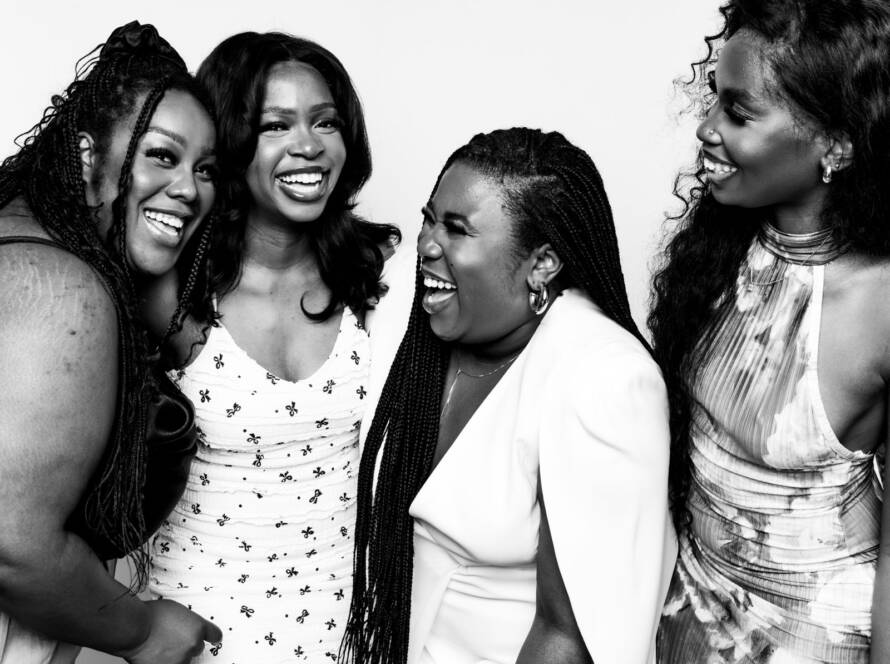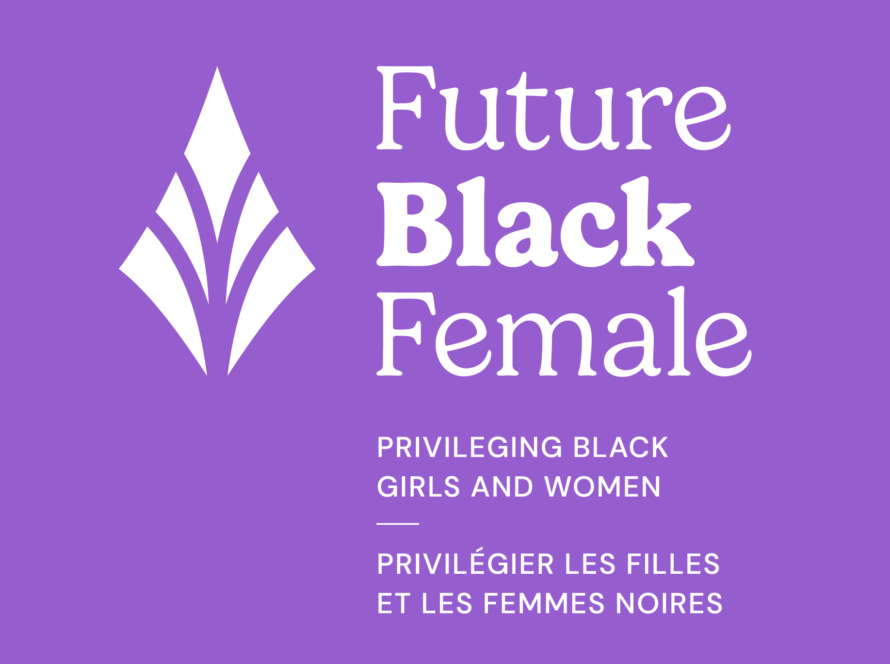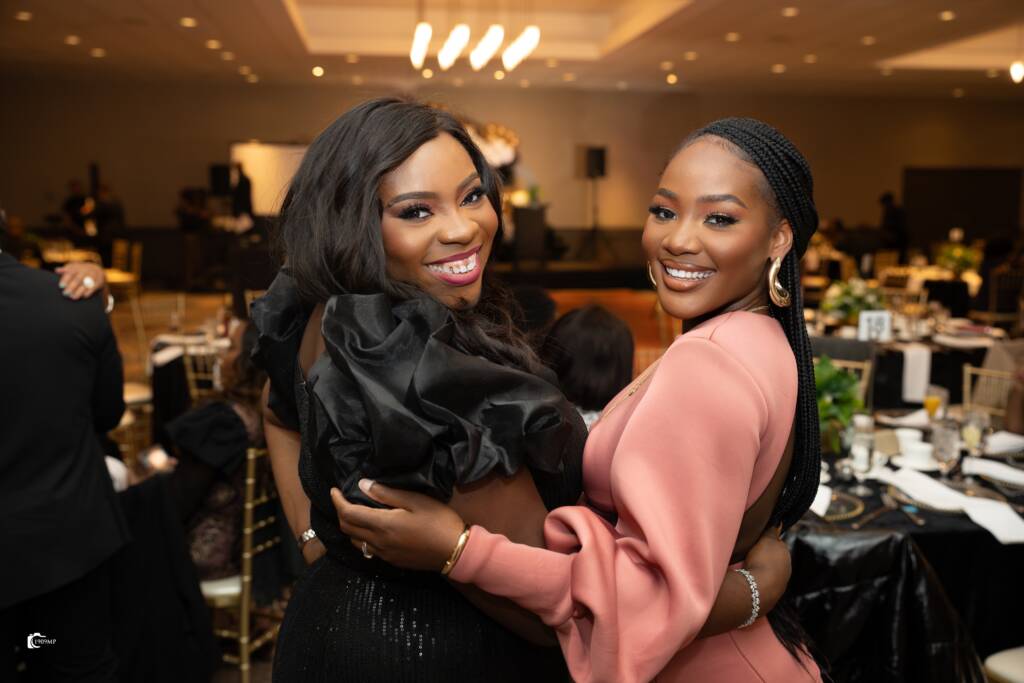There’s a kind of magic that happens when Black women come together, not just out of necessity, but from a deep, rooted knowing: “I see you. I’ve been where you are. Let’s rise together.”
To me, sisterhood means building, not just bonding. It’s about being present when the world feels too heavy, and celebrating when the light breaks through. It’s not about being perfect. It’s about being real. It’s when your sister sees the cracks in your strength, not as weakness, but as places to pour love into. It’s where iron sharpens iron, and grace is our glue.
I know this kind of sisterhood deeply because I’ve needed it.
My Journey With Adenomyosis
A few years ago, I began a quiet, personal journey with adenomyosis, a condition in which the tissue that lines the uterus begins to grow into its muscular wall. For years, I endured heavy bleeding, fatigue, and persistent pain that disrupted every part of my life: my work, my rest, and my joy.
As a family physician, I could describe the condition in clinical terms. But nothing prepared me for the emotional weight it carried.
What kept me going? Other women. Sisters who didn’t push me to be strong, but held space for me to heal. Friends who checked in, prayed, cooked, laughed, and simply stood with me. That’s when I realized our healing is not just medical. It’s communal.
Why We Shouldn’t Suffer in Silence
I remember one night, during a quiet phone call with a close friend. She had just been diagnosed with fibroids and was anxious about surgery. I asked, “Why didn’t you say something earlier?”
Her silence spoke volumes: shame, fear, and emotional exhaustion. We’ve been taught to suffer in silence, to carry pain without complaint. That night reminded me again why sisterhood is not optional. It’s not a bonus. It’s a lifeline.
We are daughters of a legacy, and the guardians of the same.
Our Shared Health Challenges
Black women face unique health challenges, many of which go unspoken or undiagnosed for far too long. According to Canada’s Health Infobase and the CDC in the United States, these are among the most common health conditions disproportionately affecting Black women:
- Adenomyosis and Fibroids: More likely to occur at younger ages and with more severe symptoms.
- Hypertension: Nearly 50% of Black women live with high blood pressure, often undiagnosed or poorly managed due to systemic bias and chronic stress.
- Type 2 Diabetes: Higher rates persist due to both genetic factors and socioeconomic disparities.
- Breast Cancer: Although incidence rates are similar or lower, Black women are often diagnosed at later stages and experience higher mortality rates.
- Lupus: Three to four times more likely to affect Black women, often more aggressively.
These are not mere statistics. They are lived realities we carry, often without support.
What Healing Looks Like in Sisterhood
So what does it look like when we heal together?
- We share our stories
There is power in naming what hurts. Speaking openly about our wombs, our hormones, our diagnoses, and our scars without shame is a form of liberation.
- We show up for one another
Whether it’s going to appointments, sending voice notes, or reminding each other to rest, we create safe spaces for both vulnerability and victory.
- We reclaim holistic wellness
Wellness isn’t one-size-fits-all. For us, it includes faith, food, movement, therapy, naps, boundaries, and joy. It’s personal. It’s cultural. It’s ours.
- We normalize rest
We remind ourselves and each other that strength includes softness and that burnout is not a badge of honour. Rest is not laziness. It is life-giving.
- We build bridges
We share resources. We start wellness groups. We create the pathways that didn’t exist for us so that the next generation can walk with less weight.
A Call From My Journey to Yours
To every woman navigating health challenges, whether visible or invisible, hear this: you are not alone. Your body is not broken. Your voice matters. Your healing matters.
Let’s keep raising awareness. Let’s challenge bias in medicine. Let’s demand equity. Let’s surround one another with truth and tenderness.
Together, we can build a future where Black women’s health is not ignored, delayed, or deprioritized, but fully seen and fully valued.
Because when one of us heals, we all feel it.




